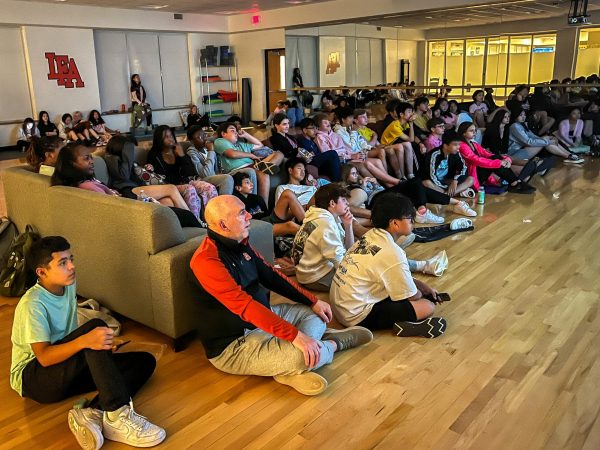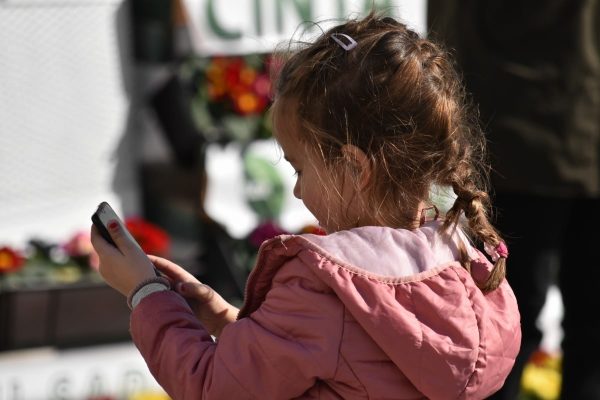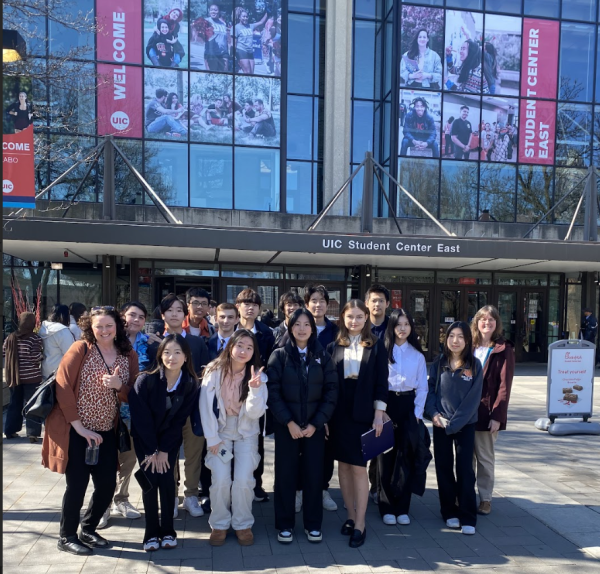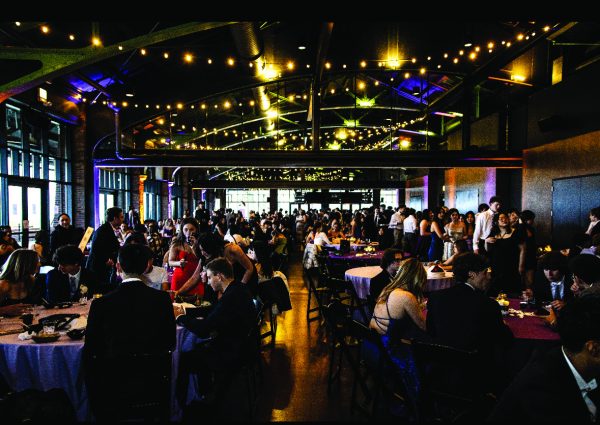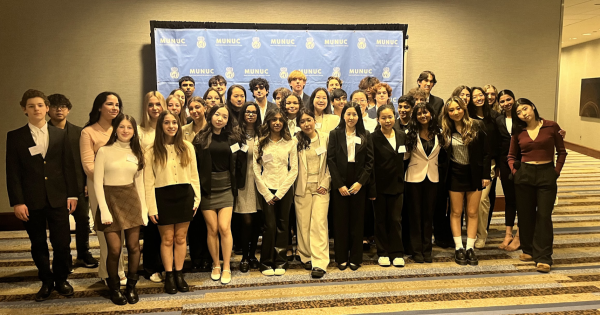Sexual Assault Awareness Month Article
June 3, 2022
The lingering nightmare of rape in human history has bounded people across the global. From World War I, to the Nanjing Holocaust, to the ongoing Russo-Ukraine War, the raging undercurrents driven by toxic masculinity forcibly flips the world all over and makes it the playground of the evildoers, where people of all gender are exposed to the danger of becoming prey. Rape culture displays the power imbalance shaped by society’s routine of muting victims and causing life-long trauma to them.
A sense of ‘inability’ is typically experienced by victims of sexual assault violence. Gender structures often help to protect male perpetrators and lead to ‘victim-blaming.’ After all, how can people overcome something that they believe is their fault? Having had the opportunity of working with hundreds of people in the hospital after sexual violence, Jennifer Madeley, LFA school therapist and a teacher of freshman HWC classes, witnessed all kinds of reactions from these survivors, yet stated that “you will never see one person react just like another one, but almost all people will blame themselves.”
Nevertheless, the root cause of people’s instinct to victim-blame results from their fear. Exposed to numerous cases of sexual violence frequently, everyone is increasingly cautious regarding it. However, this caution does not always protect the victim—frequently people’s messages may be twisted. When focus is taken off of the assaulter, which is the person that made an active choice to violate, and onto the victim’s actions, it essentially promotes the “you asked for that” ideology. Due to such long-term systemic rape culture, victim-blaming comes in all forms—as microscopic as fungi—even comes down to the way people dress themselves.
Peace Over Violence runs its Denim Day Campaign on a Wednesday in April. This event was originally triggered by a ruling by the Italian Supreme Court where a rape conviction was overturned because the justices felt that since the victim was wearing tight jeans she must have helped rapist remove her jeans, thereby implying consent. Rape culture is an established societal norm which can be traced by to ancestral violence as it was legal for a white men to rape enslaved women. “It breaks my heart that in 2022 we are still talking about this.” Lusanda Mayikana, dean of pluralism and multicultural affairs, commented.
At the LFA community, plentiful posters, all made by freshman HWC class members, were hung up all around the campus. Letting students design posters “reminds young people that they have voices” Madeley stated. Furthermore, Mayikana announced the last Wednesday of April as ‘Denim Day,’ encouraging community members to stand up against sexual assault. When asked about the purpose of doing so, Mayikana remarked: “Denim day has an impact, and asking people to wear denim and giving them the history of the last Wednesday of April, that alone, is something that will keep growing.” She also said, “I did not say it was jeans day on purpose.”
Along the various events held in LFA raising awareness of sexual assault, it is also crucial for community members to be aware that people of all gender are collectively coerced and exploited by power. Therefore, it is everyone’s responsibility to recognize the importance of firmly rejecting this violence; we must unmute our voices to make a difference.







